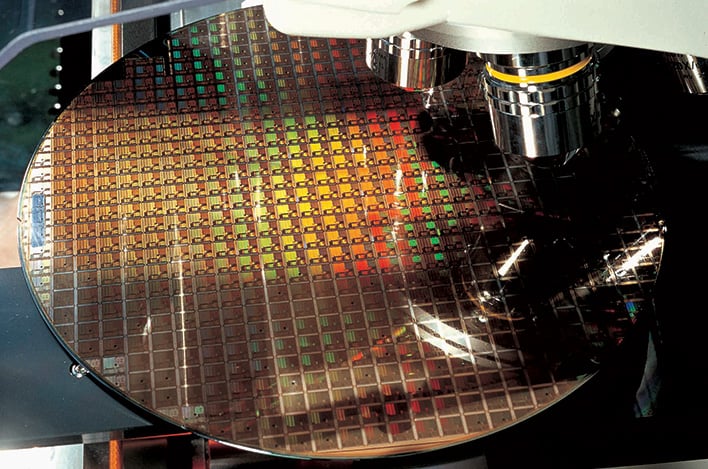Intel CEO Gelsinger Puts 'Lifestyle Company' Apple In His Crosshairs To Spur Innovation

Although Gelsinger won't start his position as Intel CEO until February 15th, he's already telegraphing the moves he wants to make to return the company to a position of performance dominance in the computing sector. An all-hands meeting with employees were held this week The Oregonian reported, in which Gelsinger outlined that change is coming, and one particular tech giant was called out.
“We have to deliver better products to the PC ecosystem than any possible thing that a lifestyle company in Cupertino makes,” Gelsinger allegedly told the employees on hand. “We have to be that good in the future.” In those few words, Gelsinger seemingly slighted Apple, while at the same time admitting that the company had bested Intel with its new M1 SoC.

For starters, Gelsinger relegates Apple to just a "lifestyle company" when in fact, Apple's reach covers a broad spectrum of categories from computers to tablets to smartphones to software to services. And in the category of tablets and smartphones, Apple's engineering talents have allowed it to create SoCs that routinely beat the best from the likes of Qualcomm and Samsung. And while the M1 SoC is Apple's first PC-caliber processing platform, it is faster than competing Intel processors while delivering better battery life.
But in the same breath, Gelsinger acknowledges that Intel needs to be "that good" with its future products.
Over the past few years, Intel has not executed its roadmap as it has in decades past. On the desktop front, it has been stuck at 14nm, due to numerous roadblocks and delays with its 10nm process tech. While the company began its 10nm transition for laptops in late 2020, its first 10nm desktop products won't arrive until the latter half of 2020. Looking further out, the introduction of Intel's first 7nm processors have been delayed by six months, which could push their introduction until the 2022/2023 timeframe.
At this point, Intel's development schedule is so out of whack that it is reportedly in talks with TSMC to outsource some processor production to even smaller nodes. Recent reports suggest that TSMC could produce 5nm Core i3 processors for Intel in 2H 2021 and 3nm Core i5/i7/i9 processors in 2H 2022.
But if Gelsinger has his way, these would likely just be short-term "crutches" for the company as it works to regain its engineering edge and leadership position in process technology.

